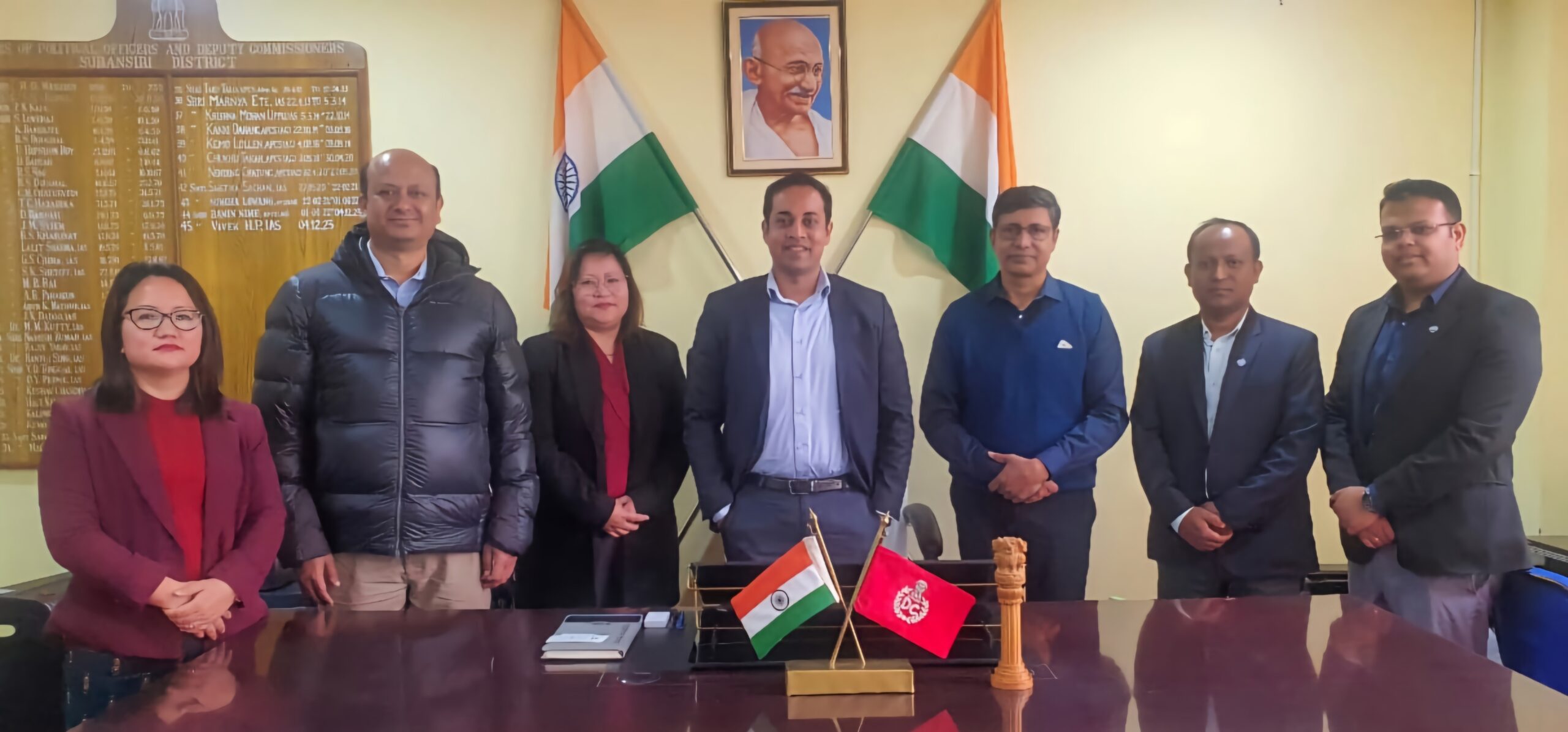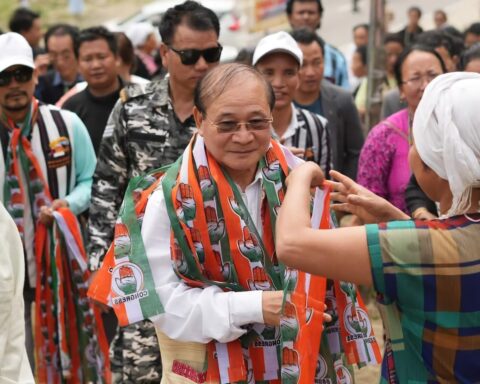Ziro: A comprehensive research study aimed at identifying the causes behind the rising instances of stomach cancer in Arunachal Pradesh, particularly in the Ziro Valley, will soon be conducted by the State Cancer Society of Arunachal Pradesh (SCSAP).
The decision was announced following a meeting held at the official chamber of Lower Subansiri deputy commissioner Vivek H P, which was attended by key stakeholders.
The SCSAP will collaborate with the Dr B Borooah Cancer Institute (BBCI), Guwahati, National Institute of Pharmaceutical Education and Research (NIPER), Guwahati, IIT Guwahati, Rajiv Gandhi University and the tertiary cancer centre of Tomo Riba Institute of Health And Medical Sciences (TRHIMS) for the etiological study.
Addressing the meeting, DBBCI Head and Neck Oncology head Dr Ashok Kr Das noted that the incidence of gastric cancer is notably high in Arunachal, especially in the Ziro valley, with specific causes remaining unknown.
“It is widely believed that several factors, including dietary habits, the prevalence of stomach pathogens, tobacco use, exposure to heavy metals in food and water, and genetic factors, may contribute to this high incidence,” he said.
Dr Das emphasized the importance of understanding the prevalence of these risk factors, their cumulative exposure to individuals and the community, and the step-by-step changes caused by these factors leading to the development of gastric mucosa malignancies for formulating effective intervention strategies.
He further explained that community participation will be integrated into the research proposal at every stage.
Officials said the research will be conducted within specific geographic boundaries encompassing several target villages in the Ziro valley, where the highest number of gastric cancer cases have been reported.
The goal is to involve the entire population aged between 20 to 65 years within these boundaries. The methodology includes a cross-sectional study followed by a longitudinal study to identify the effects of interventions and to monitor high-risk individuals.
Screening camps will be conducted over 36 months, covering approximately 6,000 to 10,000 people. Food habits will be recorded to assess food frequency exposure, and food and water samples will be analyzed for carcinogens.
The findings will be ethically shared with the community, and intervention strategies will be devised based on cause-consequence relationships.
The estimated cost of the research is Rs 450 lakh spread over 36 months, which includes the provision of two video-endoscopy units for the Gyati Takka General Hospital in Ziro.
The proposal will be submitted to the Indian Council of Medical Research (ICMR), New Delhi for consideration, officials added.
Among others, BBCI head of surgical oncology Dr Abhijit Talukdar, RGU head of anthropology Dr M Asghar and radiation oncologists from TRIHMS Dr Hage Sonia and Dr Rubu Sunku were present in the meeting.
The meeting was a follow up on the cancer screening and awareness camp held at Ziro in October last by the SCSAP under the supervision Vivek H P who was then the special secretary for health.
It was Vivek who had suggested the idea for the etiological study during the camp.
Also read: RGU’s CFEL submits research project on Arunachal tribes to NEC





